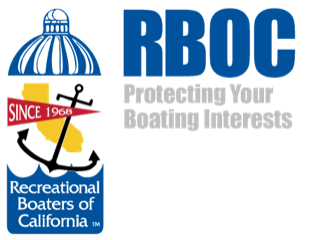For years, BoatU.S. has been battling in Washington to make sure you can buy gasoline that works in your boat engines. On Wednesday, February 4, 2015, U.S. Congressman Bob Goodlatte (R-VA) introduced The Renewable Fuel Standard Reform Act of 2015. This bill, which has both Democrat and Republican support, will effectively remove mandates for higher blend ethanol fuels (more than 10%) and allow for investment in other more compatible biofuels. We believe it is a critical step and we are writing you to ask your Congressman to become a co-sponsor and support it.
Background:
The Renewable Fuel Standard (RFS) is the 2005 law that requires the blending of biofuels such as corn-ethanol into our gasoline. When written, it assumed that America’s use of gasoline would continue to rise and mandated escalating amounts of biofuels to be blended with our fuel. Since 2005, gasoline usage has actually dropped steadily and now the law forces more ethanol into less gasoline.
To keep up with this mandate, in 2010 the EPA permitted E15 (fuel containing up to 15% ethanol) into the marketplace. Even though E15 is prohibited from being used in marine engines, snowmobiles, motorcycles, small engines like lawnmowers and leaf blowers, as well as any vehicle made before 2001, this fuel can now be found at over 100 stations in 16 states at the very same pumps as E10 and ethanol-free gasoline. (In fact, there is not a single marine engine warrantied to run on any fuel with over 10% ethanol.)
Over 60% of BoatU.S. Members fill their boat’s fuel tanks at roadside gas stations where the higher blend ethanol fuels are often the cheapest fuel at the pump. This creates a huge potential for misfueling and puts boaters at risk.
Please contact your Congressman by clicking HERE. Ask them to co-sponsor the Renewable Fuel Standard Reform Act of 2015. In the last Congress, this bill had 82 co-sponsors.
CLICK HERE for more information on E15 and the Renewable Fuel Standard.
Thank you for being a BoatU.S. Member!
Margaret B. Podlich
President, BoatU.S.
(703) 461-2878 x8363
